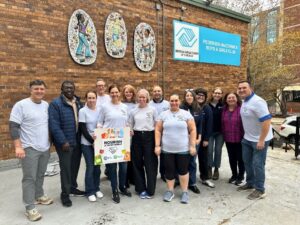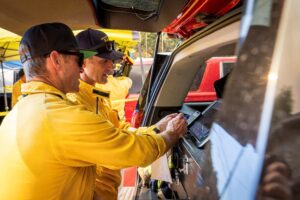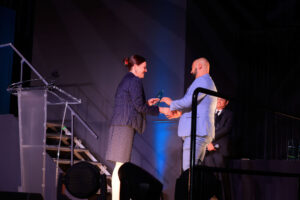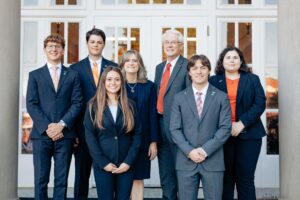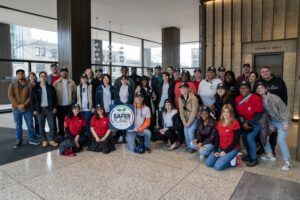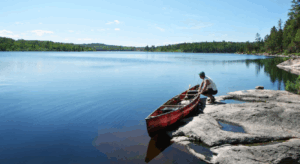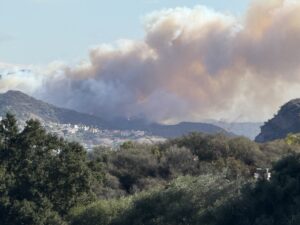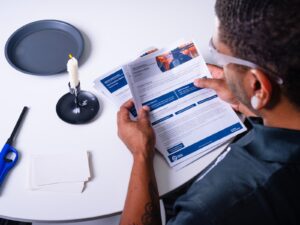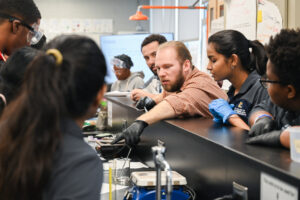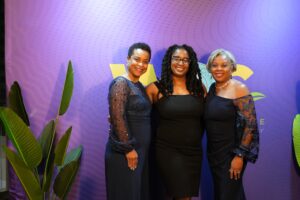Partnering with ASU and UN Regional Centre of Expertise for Sustainable Education
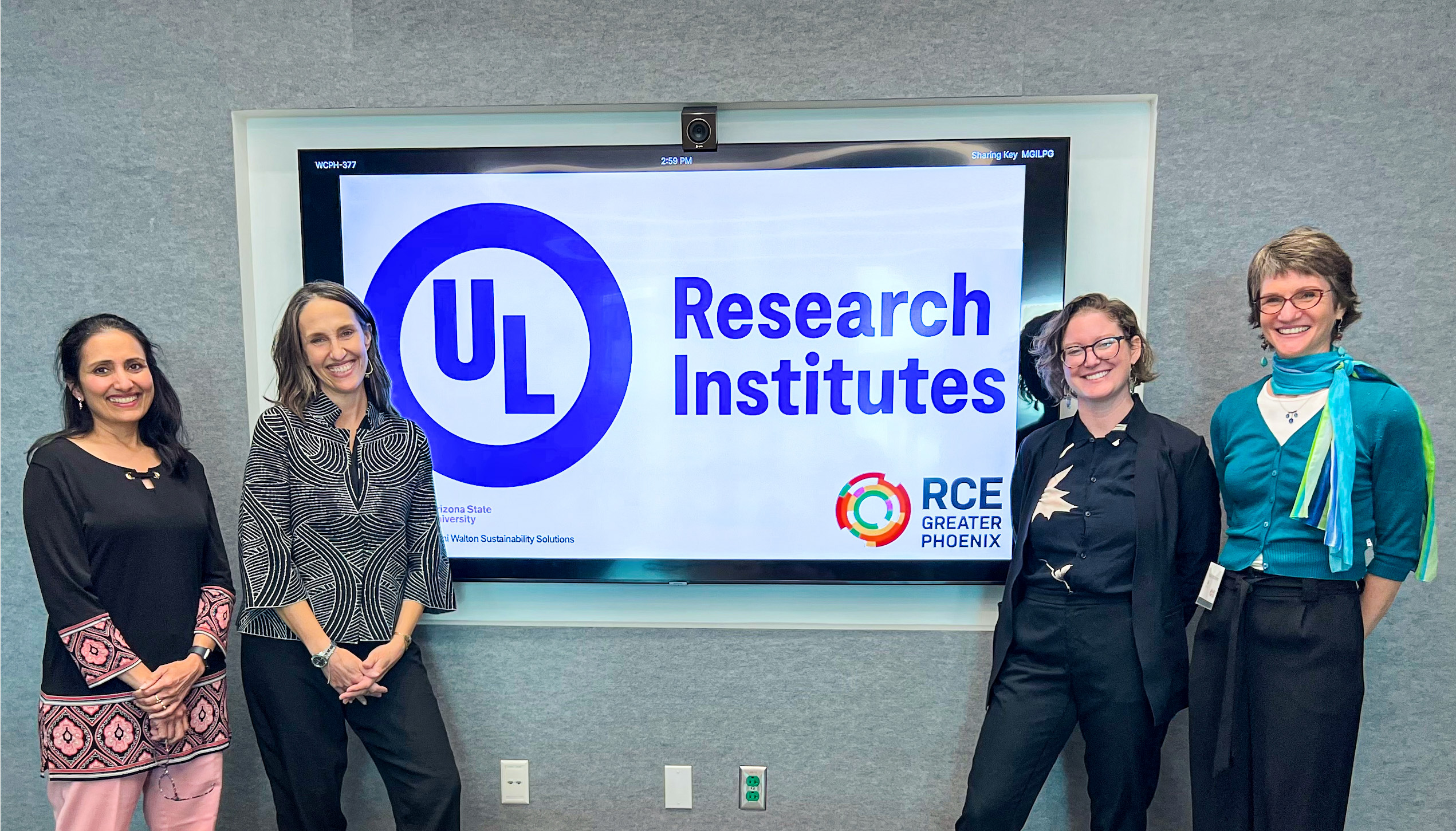
For the United Nations, the years between 2005 and 2014 mark a period termed the Decade of Education for Sustainable Development. A series of coordinated efforts by the UN during this time emphasized the importance of education in working effectively towards sustainable development goals.
As part of this effort, the United Nations University called for the development of Regional Centres of Expertise: “network[s] of existing formal, nonformal and informal organizations that facilitate learning towards sustainable development in local and regional communities.”
There are now nine recognized RCEs in the United States. On Jan. 26, Arizona State University officially became one of them with the support of ULRI’s Institute for Research Experiences & Education.
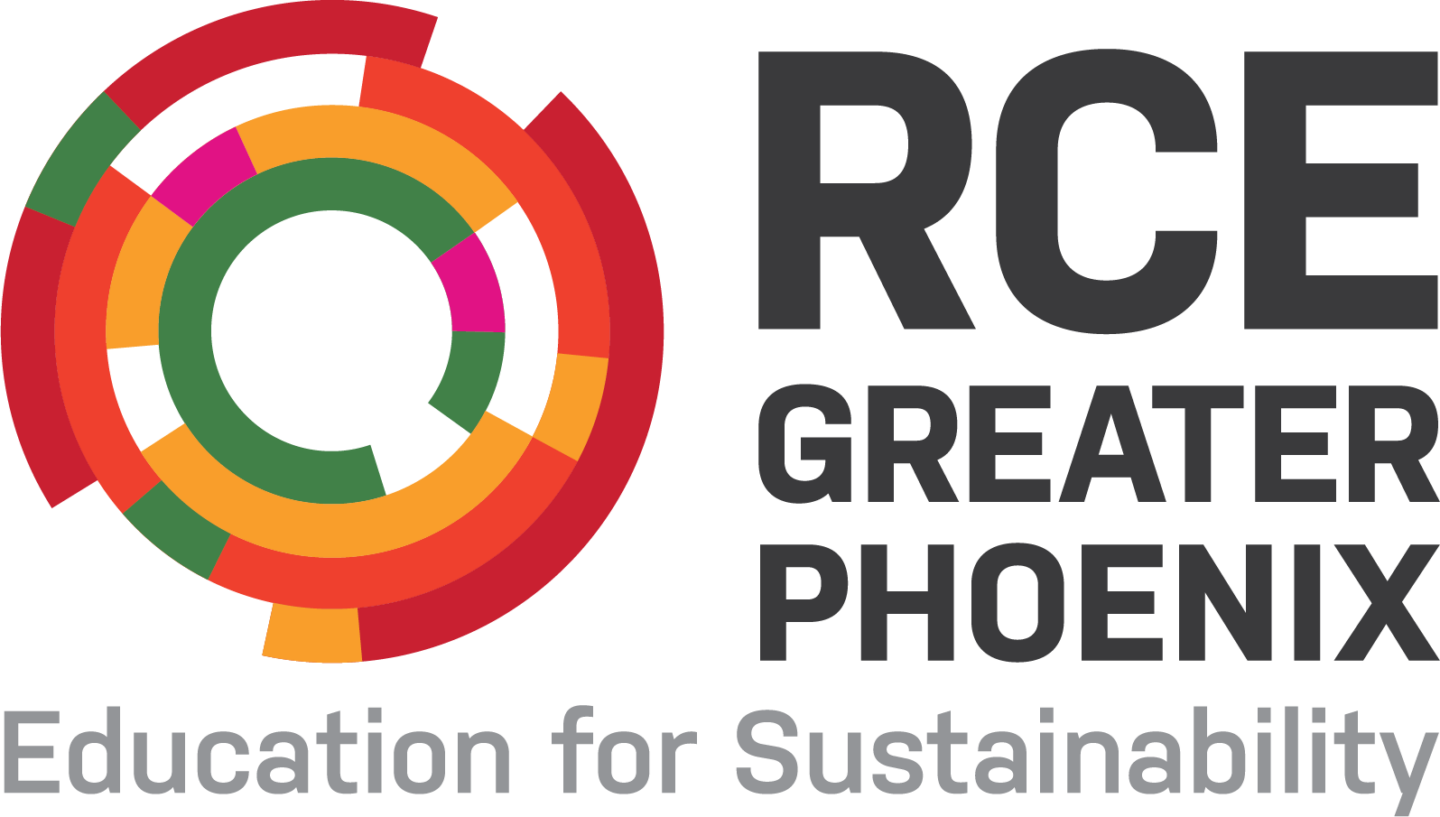
The new Greater Phoenix RCE on Education for Sustainable Development comprises a collaboration between the Julie Ann Wrigley Global Futures Laboratory and Mary Lou Fulton Teachers College at ASU.
To fulfill their mission, the Greater Phoenix RCE is building out a graduate program and community education programs for the sustainability of the greater Phoenix metropolitan area.
UL Research Institutes’ Kelly Keena, Ph.D., director of research experiences and education, and Deepa Shankar, director of partnerships, were invited to the launch event to share remarks noting the significance of the partnership and to share the plans for collaboration with the Greater Phoenix community and ASU faculty and students. The launch event included three panel presentations of youth and communities who are part of this new network.
The Institute for Research Experiences & Education and the Greater Phoenix RCE are joining forces to develop the UL Research Institutes Teacher Fellows program. The first cohort of teacher fellows will create educational resources based on issues of sustainability experienced firsthand in the Greater Phoenix area.
As well as locally, these resources will be shared in global platforms such as Xplorlabs and potentially Mission 4.7, the UNESCO platform sharing high-quality resources aligned with the UN Sustainable Development Goals. The partnership will include professional development and training for participating teacher fellows. This emerging partnership will serve as a testament to the alignment between IREE’s goals for advancing education for sustainability.
“Education can — and must — play a decisive role in providing learners across the world with the knowledge, skills, and values to discover solutions to today’s sustainability challenges. This carries benefit for present and future generations,” the UN stated in the executive report summarizing the Decade of Education for Sustainable Development. “The Decade provides a solid base for scaling up our efforts to prepare the citizens of tomorrow to respond to the challenges of today. ESD advances quality education through more innovative ways of teaching and learning and the engagement of all stakeholders.”
ULRI’s Institute for Research Experiences & Education is proud to advance the efforts set into motion during the Decade of Education for Sustainable Development, and to be working with the Greater Phoenix RCE on this initiative.
PUBLISHED
Tags
